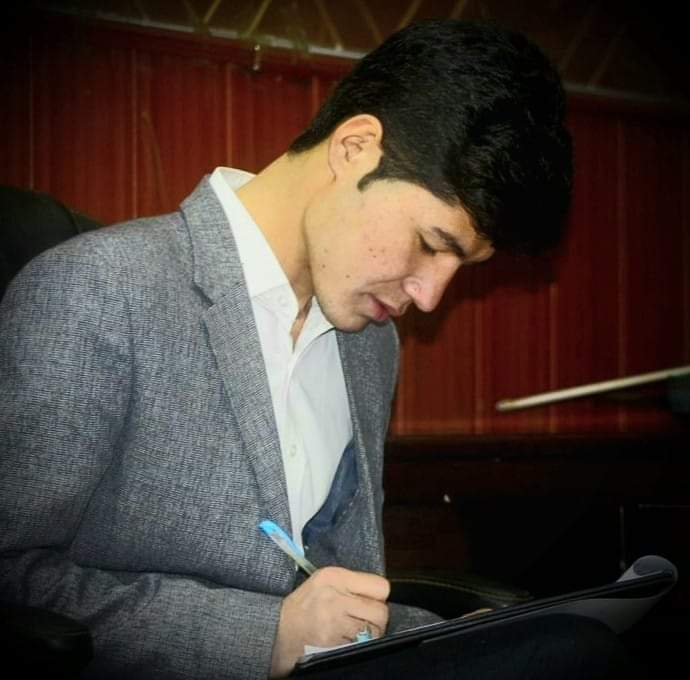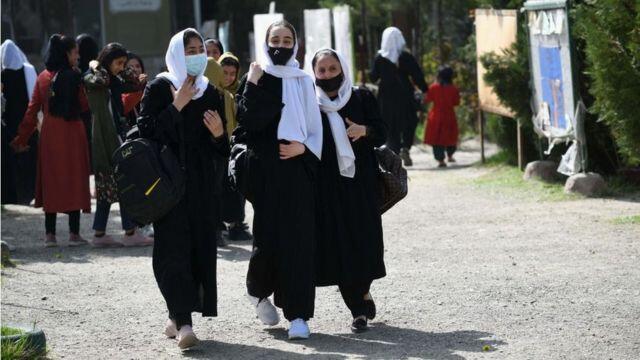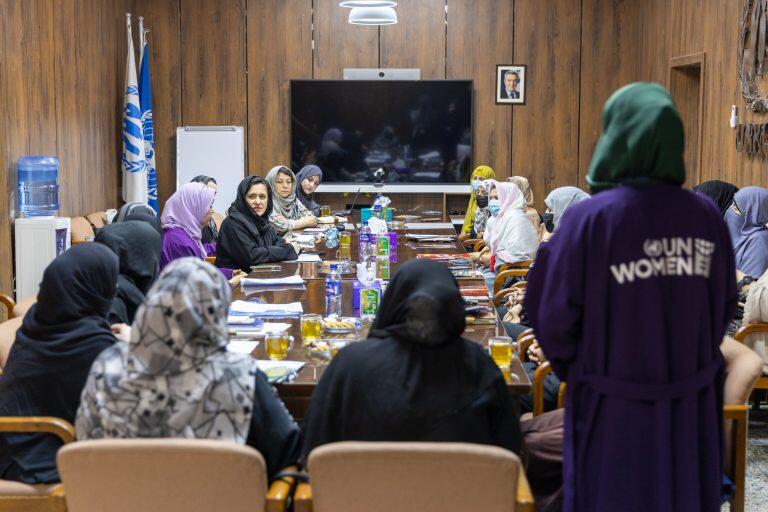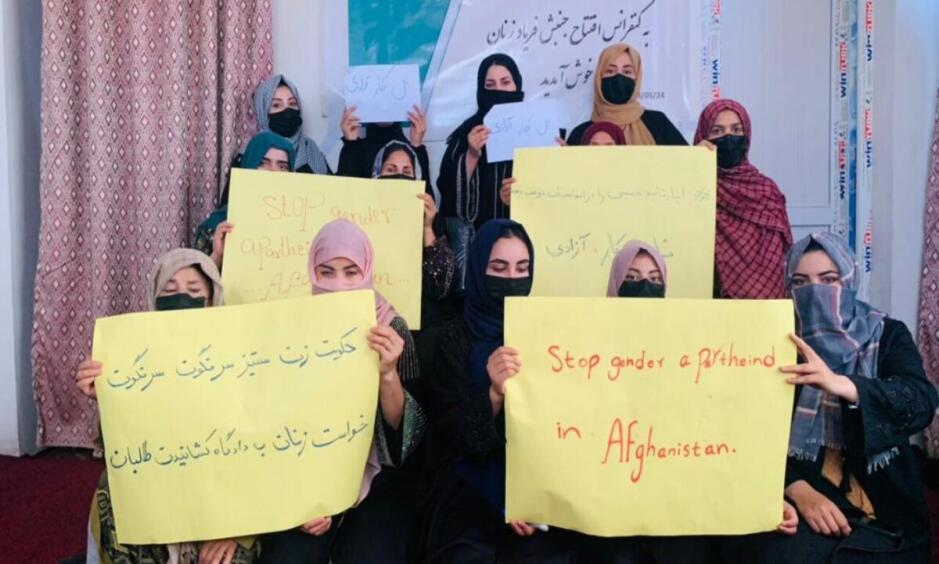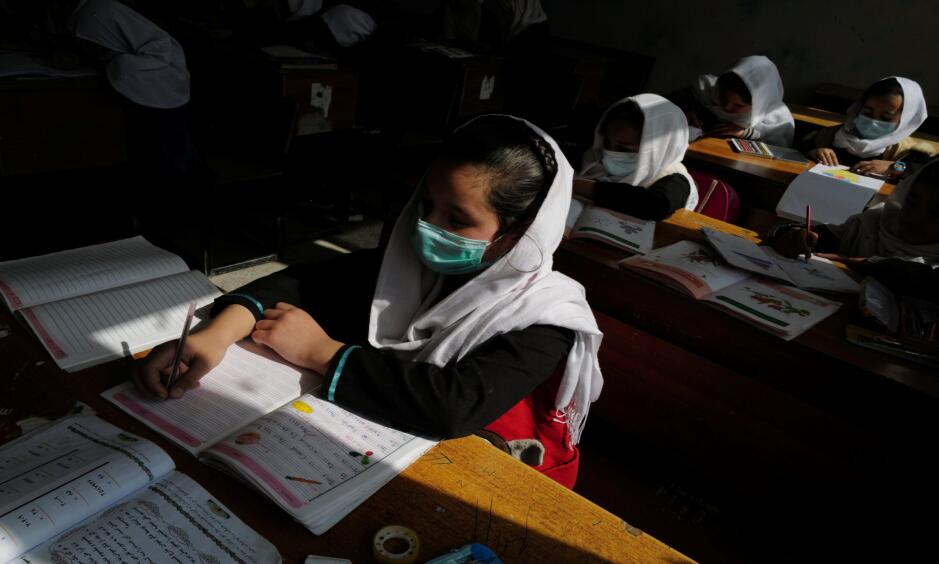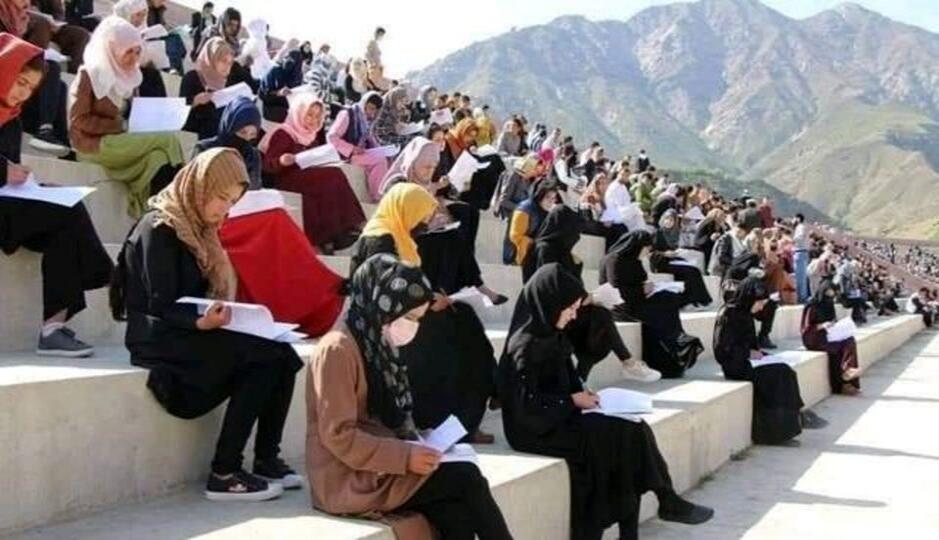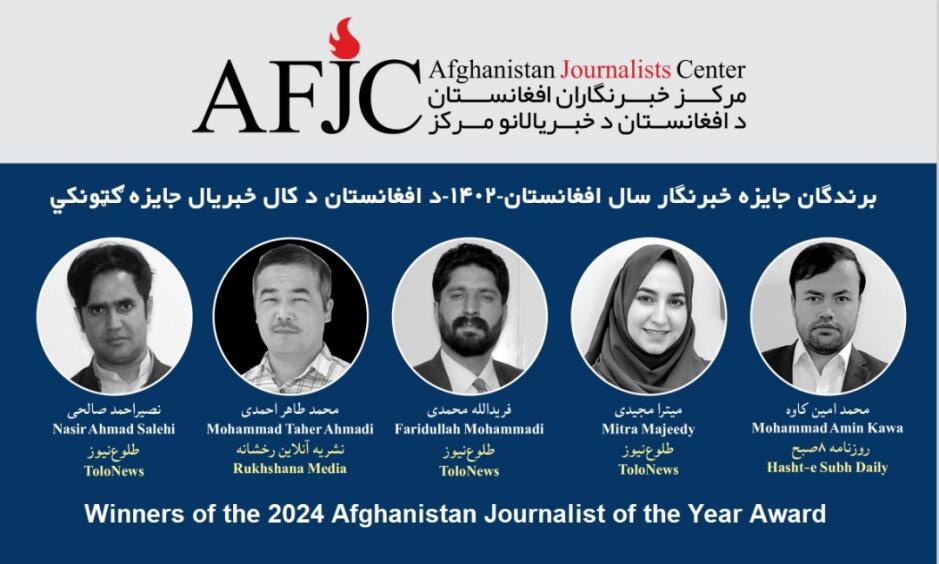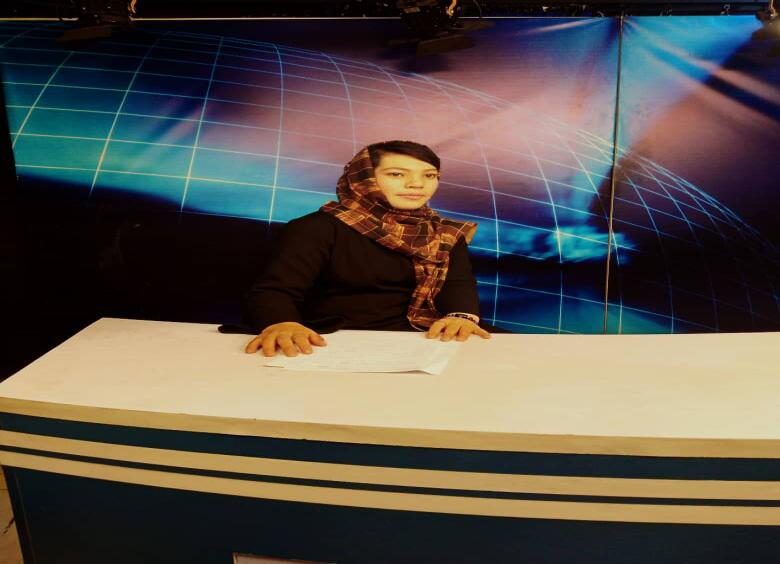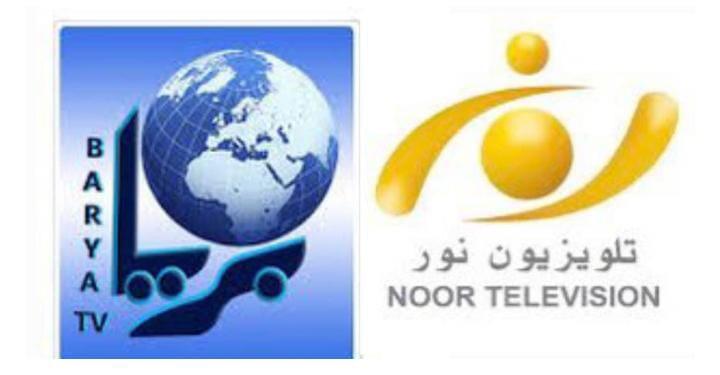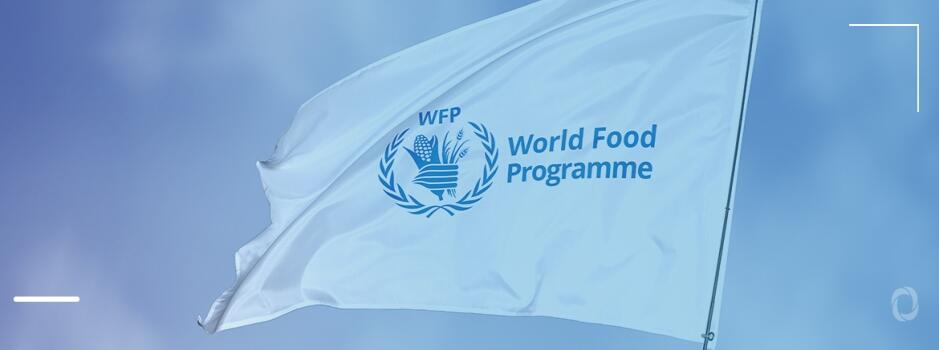- Kabul
- June 15, 2024
- Last Update December 22, 2024
Translator: Nilam Noorzad
AVA Media: On the occasion of World Press Freedom Day, we examine the constraints and pressures exerted by the Taliban on the media, particularly female journalists, in Afghanistan. Since the fall of the previous government and the resurgence of the Taliban in Afghanistan, numerous restrictions have been imposed on the media by this group, significantly impacting freedom of expression and the dissemination of information in the country.
Among the primary constraints is the prohibition of independent and impartial coverage and reporting of events. Reporting on Afghanistan, especially on subjects that may conflict with the Taliban's perspective and ideology, has become unfeasible due to the multiple layers of restrictions imposed by the Taliban on all domestic media outlets. This prohibition directly contradicts freedom of expression and the populace's right to access information in Afghanistan.
Moreover, female journalists face heightened pressure and restrictions. Women are explicitly barred from engaging in independent media activities and participating in public forums, as the Taliban seeks to confine them to their homes, aligning with their views on women's societal roles and the absence of women's rights in their narrative.
Currently, no female journalist can attend press briefings or compile reports. Taliban authorities also refuse to grant interviews to any female journalists. Nasrin, a journalist with five years of experience in the field, is now unable to work in any media organization due to her gender. She laments, "I have dedicated a decade of my life to media and freedom of expression in Afghanistan. Now I have been ousted from the media landscape and cannot continue my advocacy and profession. Female journalists face systematic gender discrimination, yet supporting institutions for journalists remain silent and take no action against gender-based discrimination."
Ahmad Bilal, another journalist who claims to have been involved in media and news since childhood, has been forced to flee his homeland and become a refugee due to his profession, feeling like a bird driven from its nest. He tells Ava Media, "Information circulation in Afghanistan is now tightly controlled. Media outlets are subjected to censorship, and most recently, the Taliban have decided to shut down Facebook in the country to stem the flow of information."
These developments come amidst repeated criticisms from international organizations supporting journalists' rights regarding the restrictions imposed by the Taliban on the media. The detention and suppression of journalists pose additional challenges for journalists in a society like Afghanistan. Findings from Reporters Without Borders also indicate that Afghanistan ranks among the worst countries for journalists and press freedom. On the occasion of World Press Freedom Day, the Afghanistan Journalists Center has expressed concern, warning against the escalation of restrictions on free media and journalists and the continued widespread detention of journalists in the country.


